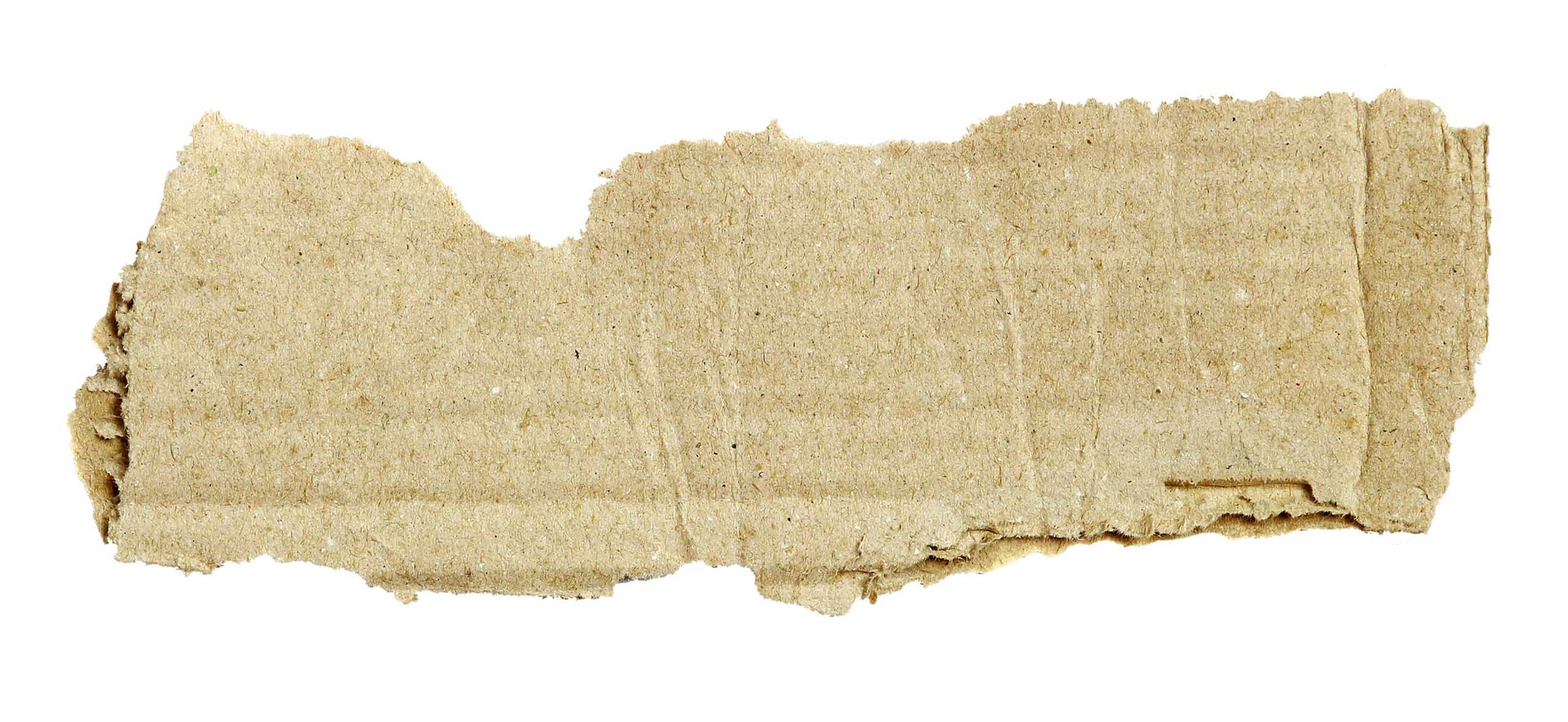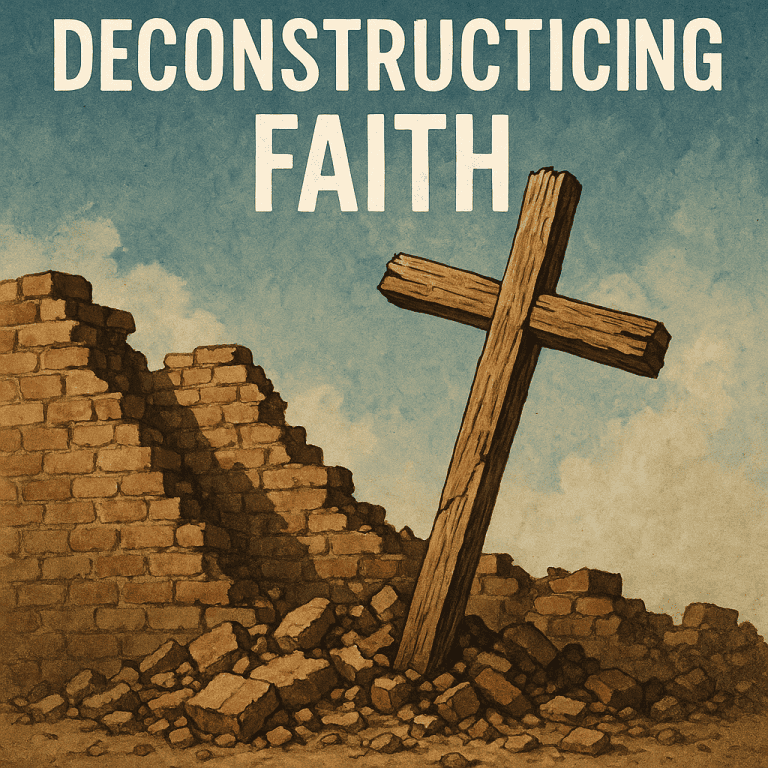Is the Bible Reliable? A Deep Wellspring of Truth
You’re not the first person to ask.
And you won’t be the last.
Some ask, “Is the Bible reliable?” because they genuinely want to know. Others ask it as a smokescreen. They want freedom without accountability, pleasure without holiness, life without Lordship.

But denying the Bible’s authority doesn’t make it go away. It only blinds you to the truth it proclaims. Truth that reveals. Truth that confronts. Truth that saves.
So let’s answer the question plainly, patiently, and biblically.
Because if the Bible is not reliable, Christianity crumbles.
But if it is reliable—then the soul who hears it must respond.
1. The Bible’s Claim: God Spoke
The Bible doesn’t pretend to be neutral. It doesn’t offer helpful insight or moral suggestion from below. It speaks from above.
Again and again, the Bible says, “Thus says the Lord.” That phrase alone appears over four hundred times. Other declarations like, “The word of the Lord came…” appear throughout the Old Testament prophets and in the preaching of Jesus and His apostles.
Jesus Himself prayed, “Sanctify them in the truth; your word is truth” (John 17:17). Paul affirmed, “All Scripture is breathed out by God” (2 Timothy 3:16). Peter added, “No prophecy was ever produced by the will of man, but men spoke from God as they were carried along by the Holy Spirit” (2 Peter 1:21).
The Bible does not simply reflect thoughts about God. It reveals the thoughts of God. It is not the result of spiritual guesswork. It is the voice of God recorded by men whom He appointed, carried by the Holy Spirit.
2. Trustworthiness Begins with the Character of God
If the Bible is God’s Word, then the reliability of the Bible depends on the reliability of God.
According to Scripture, God does not lie. He is not like man—fickle, shaded by sin, or driven by impulse. Numbers 23 says, “God is not a man, that He should lie.” Hebrews 6 goes even further, declaring that it is impossible for God to lie. When Psalm 12 describes His Word, it calls it “pure,” like silver refined seven times in fire.
God is holy. He is righteous. He is consistent. He is sovereign over all things. If that God speaks, then His words are never flawed, faulty, or feeble. They are trustworthy because He is trustworthy.
The Bible is not reliable because it feels inspiring. It is reliable because the One who gave it cannot speak anything but the truth.
3. The Manuscript Record: A Preservation Like No Other
One of the strongest evidences for the Bible’s reliability is how it has been preserved. No ancient document has survived the centuries with the volume, accuracy, and consistency of Scripture.
The New Testament alone is backed by more than 5,800 Greek manuscripts, not including another 10,000 in Latin and thousands more in other early languages. Some fragments of the Gospel of John date as early as 125 A.D.—less than 40 years after the apostle’s death. Others range between 150 and 300 A.D., placing them remarkably close to the original writings.
By contrast, other ancient works that historians accept as reliable—such as Plato, Aristotle, or Caesar’s Gallic Wars—have fewer than a dozen copies, and those copies are separated from the originals by 800 to 1,200 years.
When someone asks, “Is the Bible reliable?” the manuscript evidence alone forces them to reckon with a document whose preservation has no equal. This is not accidental. It is providential.
4. Archaeology: The Stones Cry Out
For centuries, skeptics claimed the Bible was myth because certain cities, kings, or customs could not be found in historical records. But archaeology has flipped that narrative on its head.
In 1993, a stone inscription was uncovered at Tel Dan that mentioned the “House of David,” providing strong evidence that King David was not a myth, but a real historical figure. In 1961, a stone slab bearing the name “Pontius Pilate, Prefect of Judea” was found in Caesarea, confirming his role in governing during the time of Jesus—just as the Gospels report.
The Pool of Siloam, described in John 9, was excavated in 2004. The entire Hittite civilization, once thought to be a biblical fabrication, was later confirmed by tens of thousands of artifacts and royal records.
Archaeology doesn’t prove every detail of the Bible, nor does it need to. But discovery after discovery continues to confirm that the Bible’s geographic, cultural, and political references are accurate. These are not imaginative stories. These are real events, in real places, with real people.
5. Prophecy Fulfilled: History in Advance
Perhaps the most divine fingerprint on Scripture is its fulfilled prophecy. Other religious books offer moral instruction or poetic insight, but the Bible speaks history before it happens—and does so with precision.
Isaiah 44 and 45 mention Cyrus by name as the future deliverer of Israel—a prophecy given more than a century before Cyrus was born. Micah 5 says the Messiah would be born in Bethlehem, a small, unassuming town with no worldly power. Zechariah 9 describes the Messiah entering Jerusalem on a donkey, and Psalm 22 outlines in graphic detail a crucifixion—centuries before Rome had even invented it.
Daniel’s visions in chapters 2, 7, and 8 outline the succession of world empires from Babylon to Persia, then Greece and Rome, long before they appeared on the global stage.
No other book dares to speak so specifically about what is to come. But the Bible does—because the One who authored it does not guess. He governs.
When prophecy is fulfilled not in generalities but in names, places, and dates, the only question left to ask is this: Is the Bible reliable? And prophecy answers, “Yes.”
6. The Gospel Accounts: Eyewitnesses and Early Testimony

Some critics argue that the Bible’s message changed over time—that stories about Jesus evolved through legends passed down for centuries.
But the Gospels do not read like legends. They read like eyewitness reports. Luke opens his Gospel by telling Theophilus that he investigated everything carefully and interviewed eyewitnesses. John begins his first letter by saying that what he has seen, heard, and touched—he now proclaims. Peter says, “We did not follow cleverly devised myths,” but were eyewitnesses of Christ’s majesty.
Paul, writing just 20 years after the resurrection, tells the Corinthians that more than 500 people saw the risen Christ—most of whom were still alive when he wrote it. If it wasn’t true, those witnesses could have denied it. But they didn’t.
The Gospel writers were not building a religion. They were bearing witness. Their message cost them their freedom, their safety, and for many, their lives. You don’t die for a lie you invented. You die for a Savior you saw.
7. The Unified Story: One Voice, One Savior
The Bible was written by over 40 authors, across three continents, in three languages, over a span of 1,500 years. And yet it tells one story: Creation, Fall, Redemption, and Restoration.
From Genesis to Revelation, the storyline holds. Genesis shows how sin entered the world. The Law reveals God’s holiness. The Prophets warn of judgment and speak of a coming Redeemer. The Gospels reveal that Redeemer—Jesus Christ—who lives, dies, and rises. The Epistles unpack the meaning of His work. Revelation unveils the end of history, where Christ reigns and the curse is reversed.
This is not coincidence. It’s not even clever human design. It is the work of one divine Author orchestrating every page.
8. Is the Bible Reliable Compared to Other Sacred Texts?
It’s a fair question—and one worth answering plainly.
The Quran was compiled after Muhammad’s death, based on oral recitation, and offers no verifiable prophecy. The Book of Mormon claims divine origin but was delivered through golden plates that no one else ever saw. Hindu texts are rich in mythology but disconnected from historical verification.
The Bible, by contrast, grounds its message in time and space. It names rulers, cites battles, and traces genealogies. It appeals to eyewitnesses, fulfills prophecy, and offers historical corroboration at every turn.
So is the Bible reliable in ways that other religious texts are not? Yes. It is rooted in history, confirmed by evidence, and proclaimed by those who staked their lives on its truth.
9. The Final Evidence: Changed Lives
Beyond all the manuscripts and prophecies and artifacts, there is one more testimony the Bible offers—one that speaks in every generation: it changes people.
The Bible has taken drunks and made them sober, racists and made them loving, the bitter and made them kind. It has comforted widows, humbled kings, strengthened the dying, and reformed entire cultures.
It has turned men from lust to purity, from greed to generosity, from despair to hope. It has stopped suicides, revived marriages, and broken the chains of guilt and addiction.
What other voice has that power?
The question “Is the Bible reliable?” becomes deeply personal when you see what it does—not only in history, but in hearts.
Conclusion: Is the Bible Reliable?
Yes.
- It is reliable because God is trustworthy.
- It is reliable because His Word has been preserved and confirmed.
- It is reliable because prophecy has been fulfilled, and archaeology agrees.
- It is reliable because its authors saw what they wrote and gave their lives to tell it.
- It is reliable because its message has remained unbroken for centuries.
- And it is reliable because it changes lives to this day.
The Bible is not a myth. It’s not a moral code. It’s not a fading voice from the past.
It is the living Word of the living God. And it demands a response.
One Final Picture
Picture a man trying to build his house on the sand. Every time the waves come, it collapses. Then he finds a rock—a stone that doesn’t move. Finally, something solid. Something trustworthy.
That’s the Word of God.
“The grass withers, the flower fades, but the word of our God will stand forever” (Isaiah 40:8)
You can stake your life on this book. Because it is not a book of man. It is the voice of God.
Invitation
Open the Bible. Test it. Read with a humble heart.
And ask not only “Is the Bible reliable?”
Ask: “Am I willing to believe the One who speaks through it?”
“Seek the Lord while He may be found; call upon Him while He is near” (Isaiah 55:6)
Would you like to know more about the grace of God? Check out this free resource.
Walt Roderick is a Christian writer who cares more about biblical clarity than online applause. He writes to strengthen believers and confront spiritual drift.






